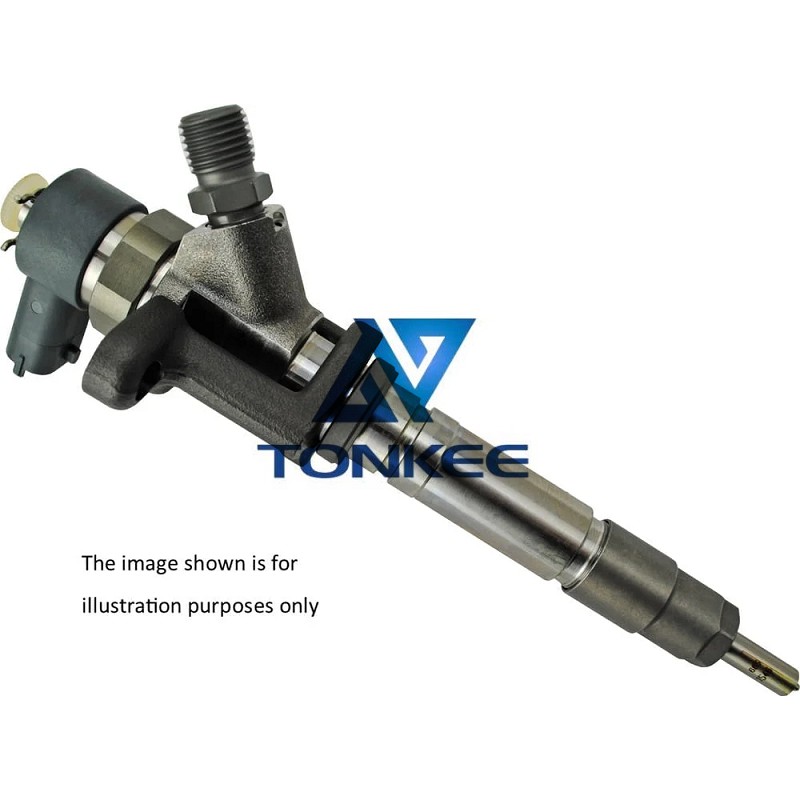
Compatibility: Specifies the range of diesel engines and applications that the injector is suitable for.
This ensures that the injector can be used in various vehicle types, including passenger cars, trucks, and industrial machinery.
Fuel Pressure: Common rail systems operate at extremely high pressures, often exceeding 1,000 bar. The specification sheet should detail the maximum operating pressure for the injector to ensure it can handle the demands of modern diesel engines.
Injector Type: Describes whether the injector is a solenoid-type or piezoelectric-type injector. Different types offer varying levels of precision and control.
Fuel Atomization: The nozzle's design and specifications are critical for fuel atomization, ensuring efficient combustion and reduced emissions. The specification sheet might detail the nozzle's design, hole size, and spray pattern characteristics.
Flow Rate: Specifies the injector's fuel flow rate, often measured in cubic centimeters per minute (cc/min).
This value is important for optimizing engine performance.
Electrical Characteristics: Describes the electrical requirements of the injector, including voltage, current, and any control signals.
Emissions Control: Information on how the injector contributes to emissions reduction, including the reduction of nitrogen oxides (NOx) and particulate matter (PM).
Materials and Durability: Details the materials used in the injector's construction, including components that are resistant to wear, corrosion, and high temperatures.



 English
English Русский язык
Русский язык



